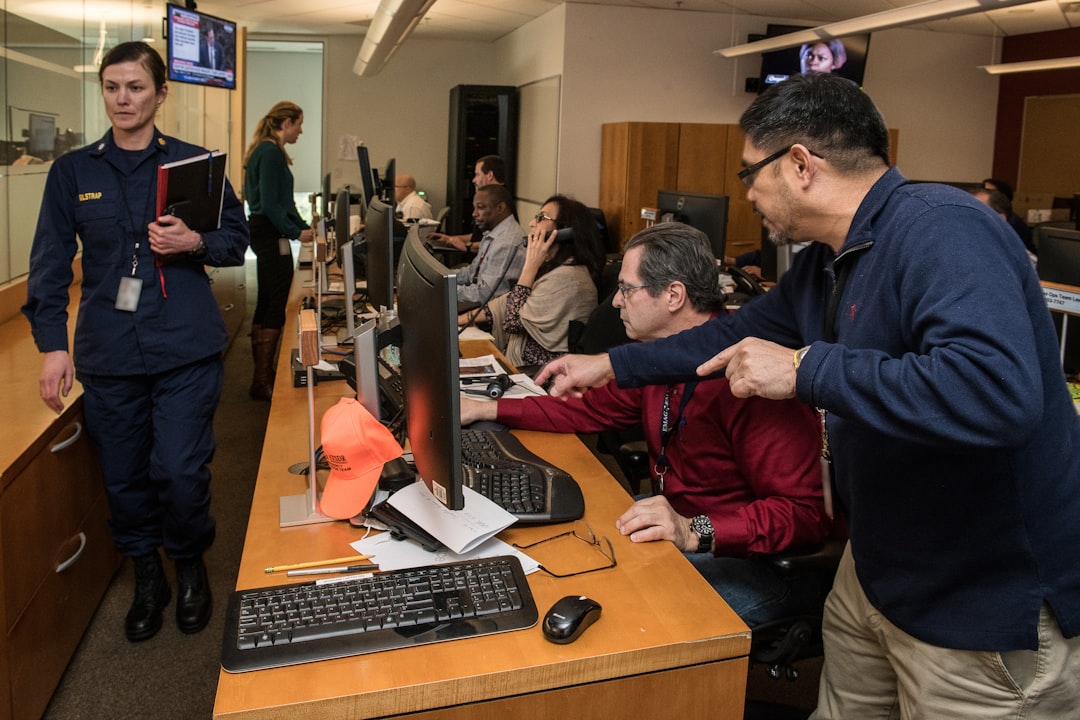Practical and Helpful Tips:

Sports medicine is a dynamic field that plays a crucial role in optimizing athletic performance and preventing injuries. As athletes push their bodies to new limits, the demand for specialized healthcare professionals who understand the unique challenges of sports-related injuries has grown exponentially. In this comprehensive guide, we’ll delve into the key aspects of sports medicine, exploring its various components, benefits, and advancements.
Sports medicine is a multidisciplinary field that encompasses the prevention, diagnosis, treatment, and rehabilitation of sports-related injuries. It involves a collaborative approach, bringing together professionals from various backgrounds, including physicians, physical therapists, orthopedic surgeons, nutritionists, and sports psychologists. The primary goal is to enhance athletic performance, promote overall health, and facilitate a speedy recovery from injuries.
One of the fundamental principles of sports medicine is injury prevention. Athletes undergo rigorous training, exposing their bodies to repetitive stress and potential harm. Sports medicine professionals work closely with athletes to develop personalized injury prevention programs that focus on strength training, flexibility, and proper biomechanics. These programs aim to address the specific demands of the sport and mitigate the risk of injuries.
When injuries do occur, accurate diagnosis and prompt treatment are essential for a successful recovery. Sports medicine professionals use a range of diagnostic tools, including imaging techniques like X-rays, MRI, and CT scans, to assess the extent of injuries. Common sports injuries such as sprains, strains, fractures, and concussions require specialized treatment plans. These may include physical therapy, medication, and, in some cases, surgical intervention.
Rehabilitation is a crucial component of sports medicine, focusing on restoring function and strength following an injury. Physical therapists play a central role in developing rehabilitation programs that cater to an athlete’s specific needs. These programs often involve targeted exercises, manual therapy, and gradual progression to ensure a safe return to sport.
In addition to injury management, sports medicine also focuses on performance enhancement. Professionals collaborate with athletes to optimize their training regimens, nutrition, and recovery strategies. Cutting-edge technologies, such as biomechanical analysis and wearable devices, provide valuable insights into an athlete’s performance, allowing for personalized adjustments and improvements.
Nutrition is a cornerstone of sports medicine, influencing both performance and recovery. Athletes require specialized dietary plans tailored to their individual needs, training intensity, and competition schedule. Sports nutritionists work closely with athletes to ensure they receive the right balance of macronutrients and micronutrients to support their energy requirements and promote optimal recovery.
Recognizing the integral connection between physical and mental well-being, sports medicine now places a greater emphasis on mental health. Sports psychologists assist athletes in managing stress, anxiety, and performance-related challenges. Addressing mental health concerns is crucial for overall athletic success and longevity in sports.
Advancements in technology continue to shape the landscape of sports medicine. Virtual reality (VR) and augmented reality (AR) are being employed for rehabilitation and training purposes, providing immersive experiences that enhance recovery and performance. Artificial intelligence (AI) is also making strides in sports medicine, aiding in injury prediction, personalized treatment plans, and data-driven performance optimization.
Sports medicine is a dynamic and evolving field that plays a pivotal role in the success and well-being of athletes. From injury prevention to rehabilitation and performance enhancement, sports medicine professionals work tirelessly to support athletes in achieving their goals.
 Unveiling Latin America: Tips for Selecting Your Adventure
Unveiling Latin America: Tips for Selecting Your Adventure
 Criteria for Choosing Suppliers of Refrigerator Door Gaskets
Criteria for Choosing Suppliers of Refrigerator Door Gaskets